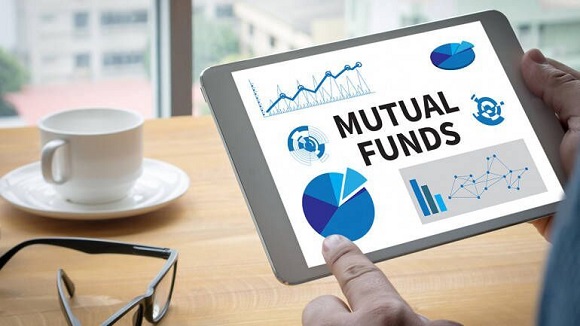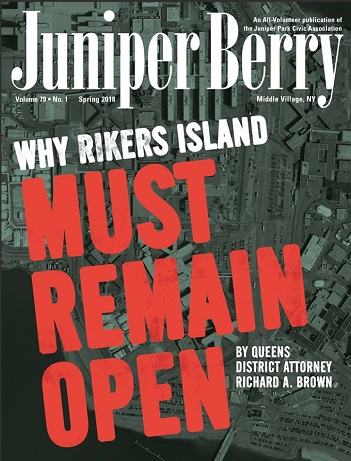Mutual funds are collections of money paid in by investors like you who want to earn more money than what they get in a bank (which isn’t much these days, close to 0%). The people who run these funds are financial professionals like stock brokers and analysts who study different parts of the financial world and keep an eye on news about company changes, governmental decisions and the economy. They buy and sell stocks and bonds based on this information. Your money is used to pay for those stocks and bonds and therefore you own a piece of them along with everyone else who owns your mutual fund. That’s why it’s called ‘mutual’ – it means everyone benefits or loses equally.
Mutual funds come in many different styles to suit many different people’s needs or wants. Your needs will change with time as you get older and have different life issues, like buying a home, putting money away for retirement, paying for college and having more money in general to pay for the things you need (when your income doesn’t seem to be enough) or things you want (live better than you’re living now or in the past) or just keeping up with the rising costs of life when your salary doesn’t, which is called inflation.
Most people hear about mutual funds through the 401K pension plans at work if they are available. If you do have one please consider investing in it for your own future good. Some don’t offer good funds to choose so talk to me or someone like me before you invest. Some have matching deals where your employer also puts money in when you do, so it’s like giving yourself a raise. You pick percentages of your deposits to go in whichever funds you pick that add up to 100% of your deposits and any matching funds.
You should talk to someone like me about the funds offered but also take the time to read the descriptions and look at the past performance numbers, which are % of return (profit or loss) that each fund has done in the past years and also the type of fund it is. Your company will have a website which you will use to see the ones they offer and how your choices are doing. You might receive a quarterly report in the mail but most companies now save money by making you go look on the internet on their secure website.
The good parts about 401K’s are the matching money (yours after 6 years by law – called ‘vesting’ even if you leave the job) and the tax on this money isn’t owed until you retire so it grows along with your money. And most people end up in a lower tax bracket when they retire since you’re not earning the same amount of money retired and therefore pay less tax. In other words the tax money you don’t have to pay now on the money you invest will also make profit for you until you retire and then pay the taxes. This can grow to very large numbers when you think about investing for 30 – 45 years or so. And believe me you will need every penny when you retire.
Please meet with a licensed financial advisor to determine the best course of action for you as an individual.



